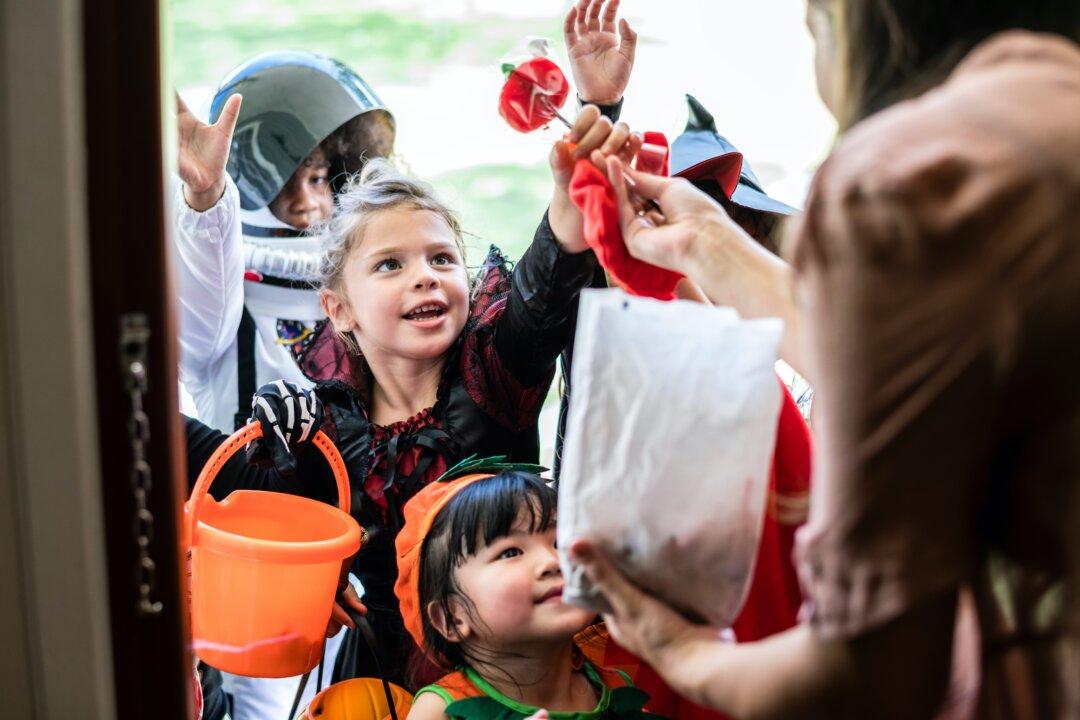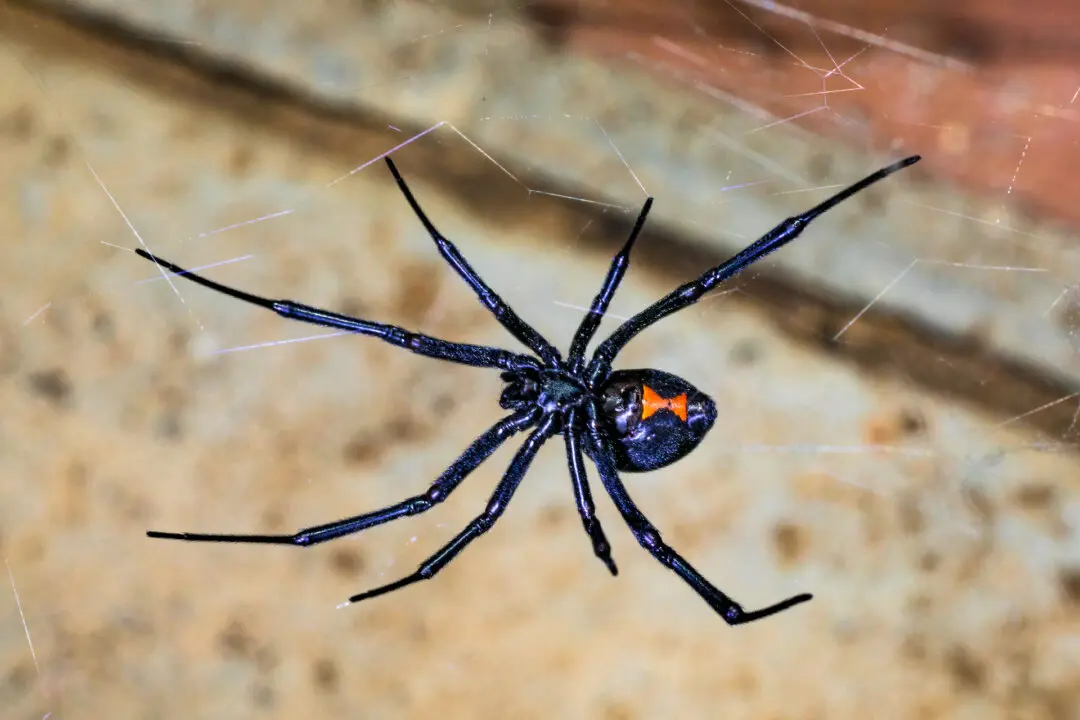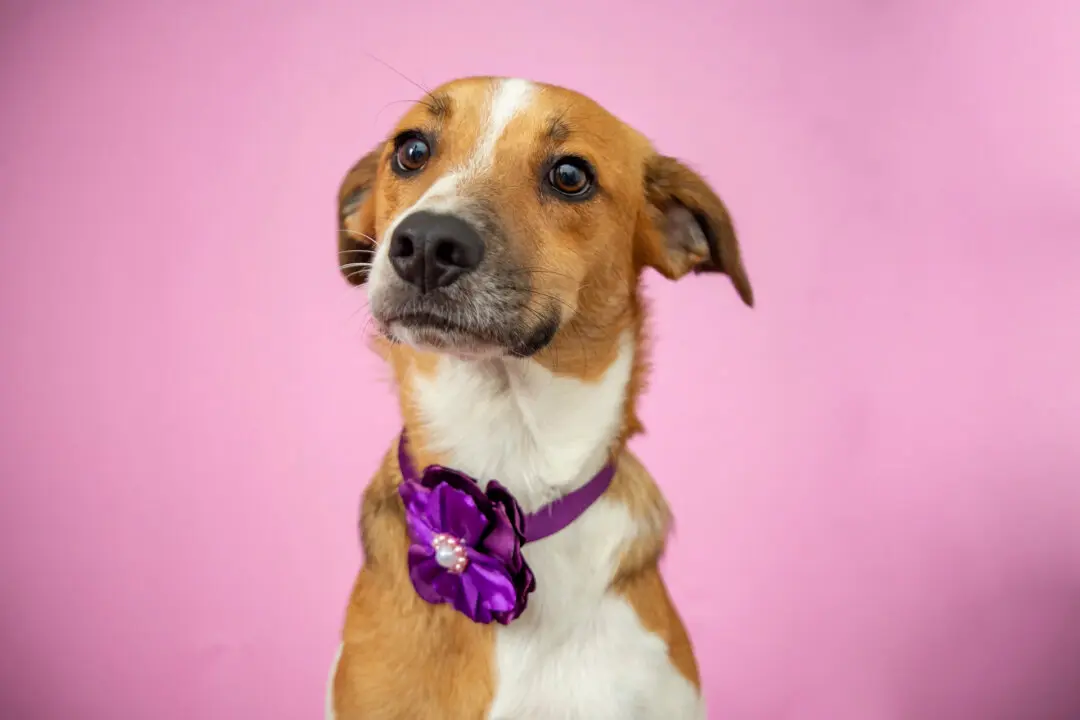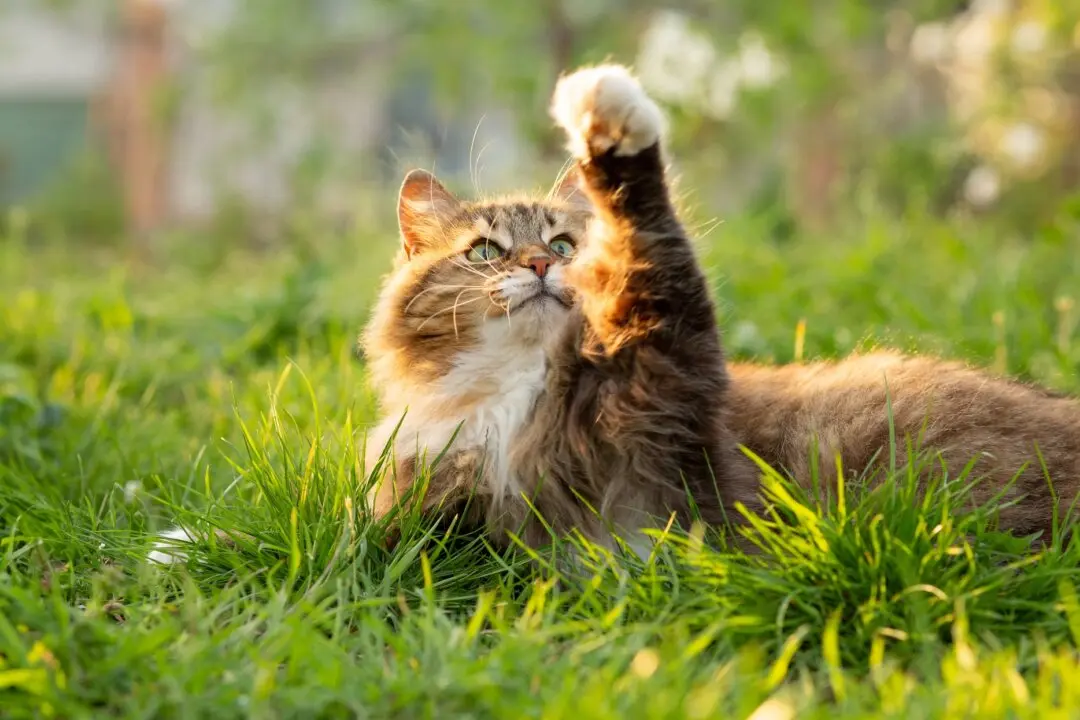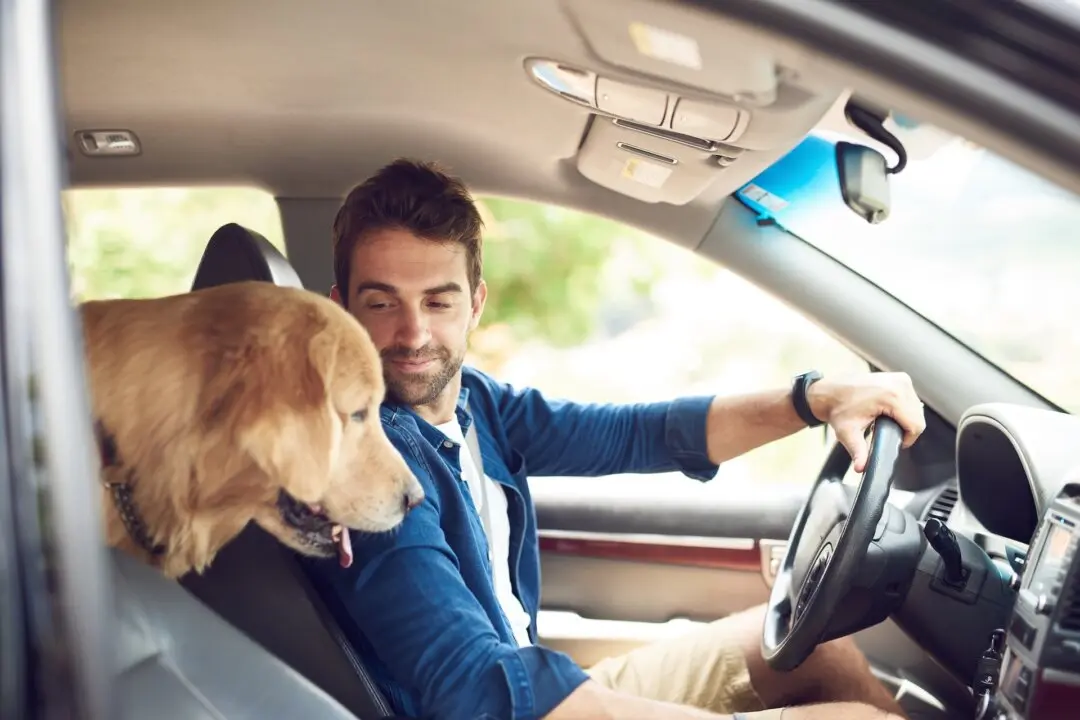Q: I dread Halloween because my dog, Bruiser, is afraid of the costumed trick-or-treaters. He cowers from children who aren’t wearing masks and barks ferociously at those who are, sometimes scaring them to tears. I want this year to be different, but I don’t know what to do.
A: Costumed children can look like monsters, especially when their masks prevent Bruiser from making eye contact with them and reading their facial expressions. He undoubtedly becomes even more frightened when the children, high on sugar, squeal for joy and charge into his home to grab another fistful of candy.

